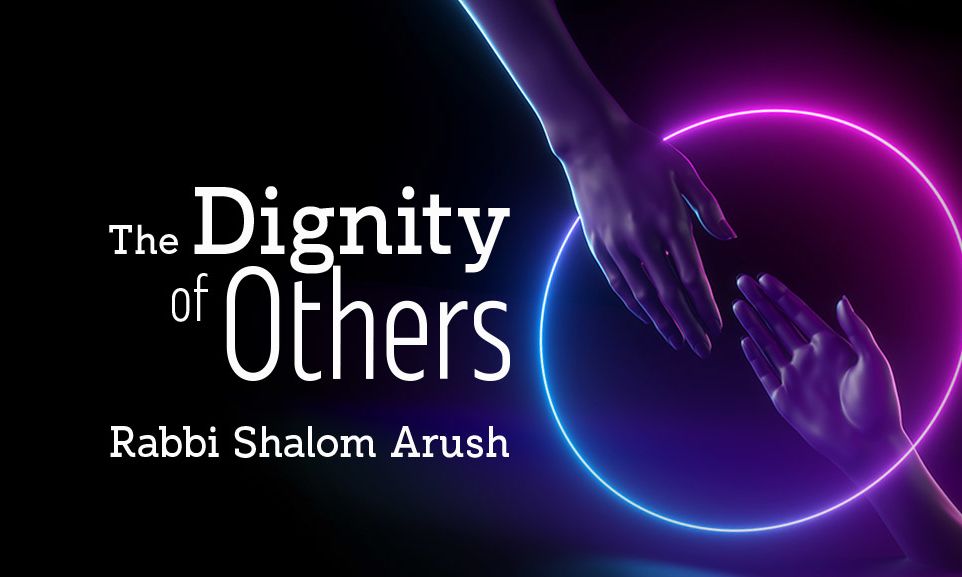
The Dignity of Others
Observing the commandments between man and fellow man must be every person's highest priority all year long - especially so during the Counting of the Omer.

Observing the commandments between man and fellow man is something that must be every person’s highest priority all year long; especially so during the Counting of the Omer, when we curtail many joyful activities because of the death of Rebbe Akiva’s 24,000 students who failed to properly respect one another.
There are situations where a person harms someone; the aggressor regrets what he did, repents and asks the victim for forgiveness. The victim refuses to forgive. Then, the aggressor adds insult to injury and says, “Who needs your stupid forgiveness.” And, if his wife was the victim who refuses to forgive him, he says, “So what? Don’t forgive! I don’t need you or your forgiveness,” and he keeps on insulting her.
Any person asking forgiveness must be prepared for the chance that the victim may refuse to forgive. He should precede his request for forgiveness by praying to Hashem and asking Him to open up the victim’s heart so that he or she will be willing to forgive. And, if the victim still refuses to forgive, accept it lovingly and say, “You are justified in your refusal to forgive.” Later, try again.
Imagine that when your wife or anyone else refuses to forgive you, that they were deeply hurt by what you said or did to them. The only solution is a truly sincere effort to apologize and make amends. Remember that an affront to another human being’s dignity is an affront to the Creator. Once again, even  in the case of great Torah scholars like Rebbe Akiva’s 24,000 students who died between Passover and Shavuot, disrespecting others is dangerous. The whole purpose of learning Torah and observing its commandments is to get close to the Creator. Refining our character and improving the way we treat others do just that. The Creator created the world so that people will love and respect each other.
in the case of great Torah scholars like Rebbe Akiva’s 24,000 students who died between Passover and Shavuot, disrespecting others is dangerous. The whole purpose of learning Torah and observing its commandments is to get close to the Creator. Refining our character and improving the way we treat others do just that. The Creator created the world so that people will love and respect each other.
Don’t be confused: yes, we’ve already explained that the Creator created the world in order to reveal His mercy. The Creator’s mercy is especially manifest when people are merciful to one another, for this reveals the core purpose of creation – mercy. Mercy is the root of all creation. For that reason, the Creator is called in Aramaic, Rachmana, the Merciful One. The Torah teaches us that there are thirteen attributes of mercy. These correspond to the thirteen principles of Torah logic, for the Torah is entirely centered around mercy.
We are commanded to do our best to emulate the Creator – just as He is merciful, so we must be merciful. A central task in character refinement is to channel anger into mercy. In other words, anytime a person has the urge to get angry at anyone, he or she should take a deep breath and stop and think.
When the anger has subsided, make a firm decision to avoid harsh speech, especially insults and belittling words. Second, remember that mercy is the “oxygen” of creation and remind yourself that the Creator doesn’t want you to lose your temper. Indeed, ask the Creator to shine His merciful countenance on you so that you’ll be able to feel merciful toward the other person rather than angry. Hashem will be happy to help you because He is more exacting about the honor of His children than He is about His own honor. Therefore, let’s make the protection of other people’s dignity a high priority in life, because that way, we preserve Hashem’s dignity. When one honors the Father, he or she honors His children.


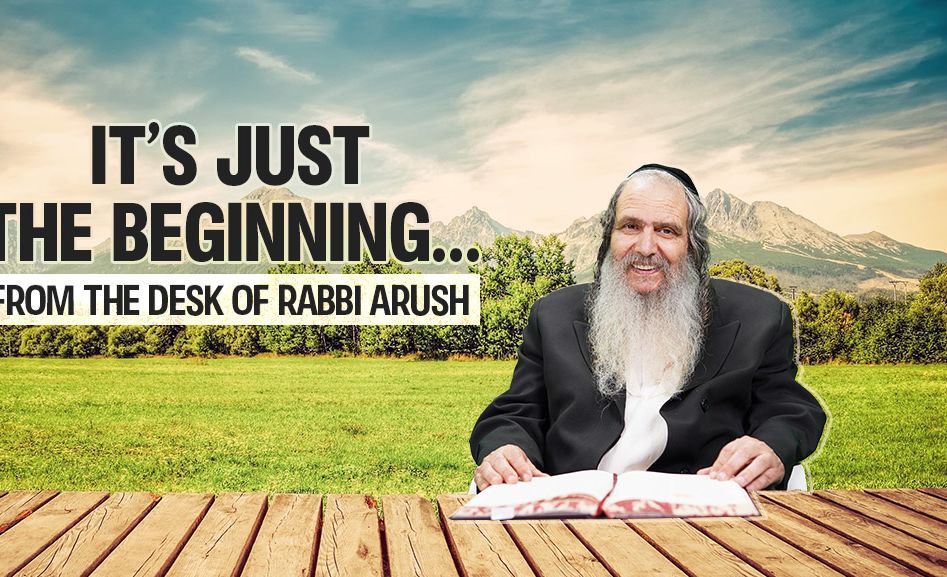
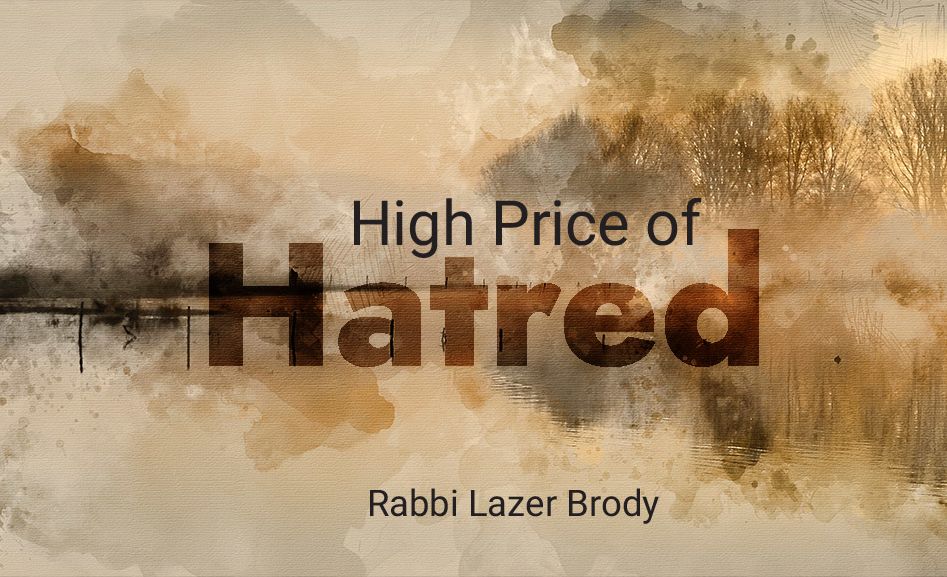
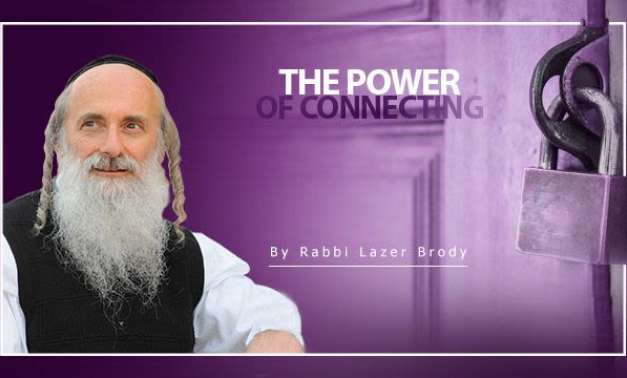
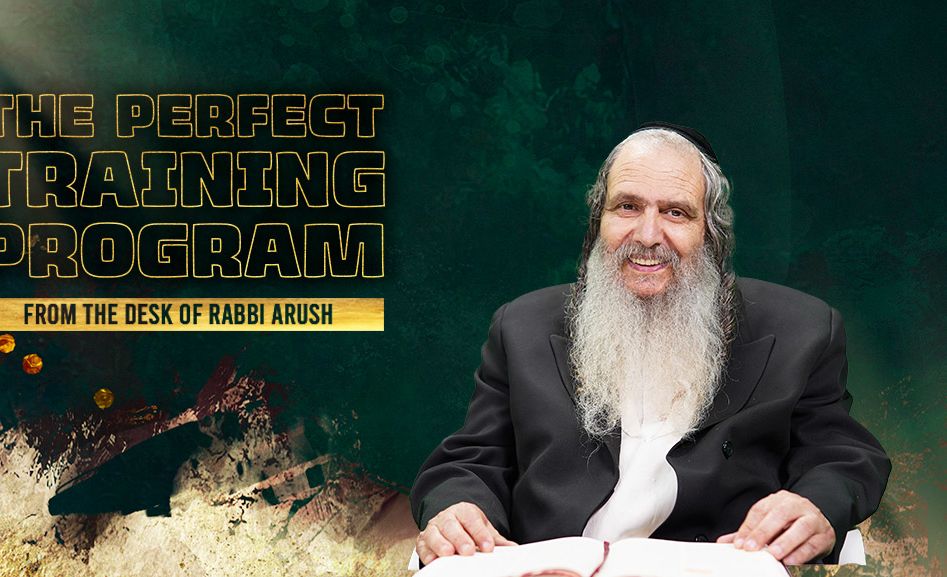




Tell us what you think!
Thank you for your comment!
It will be published after approval by the Editor.